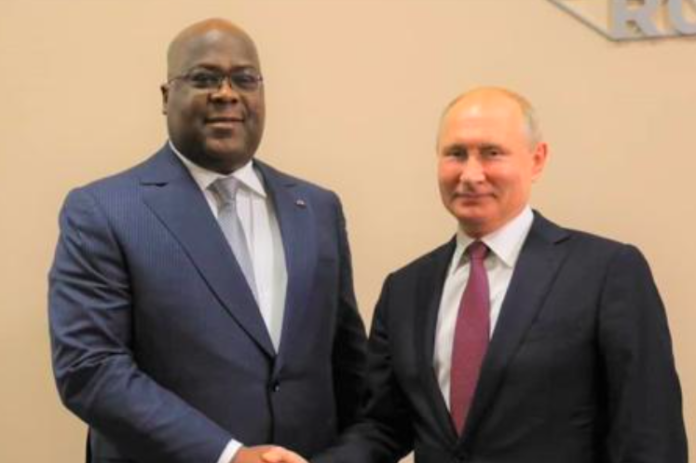On March 5, Moscow witnessed the Russian government’s formal approval of a draft military cooperation agreement with the Democratic Republic of the Congo (DRC), as disclosed through an official government resolution on Russia’s legal information portal.
This move comes against the backdrop of ongoing conflicts in the North Kivu province, where the Congolese Armed Forces (FARDC), in collaboration with the Southern African Development Community (SADC) forces, are confronting the M23 rebel group, which is reported to receive backing from Rwanda.
The draft agreement, initially presented by the Russian Defense Ministry and subsequently coordinated with the Russian Foreign Ministry and other relevant federal executive entities, aligns with Article 11 of the federal law governing Russia’s international agreements. The detailed document lays out a framework aimed at bolstering military cooperation between Russia and the DRC through various initiatives.
Key elements of the agreement include the organization of joint military drills and exercises, which will allow both nations to share and enhance their tactical and operational capabilities. Additionally, it opens avenues for participation in and observation of military exercises upon mutual invitations, signifying a step towards deeper strategic engagement and trust-building.
An innovative aspect of the agreement is the provision for warship and warplane visits, facilitated either by invitations or requests, marking a significant gesture of military diplomacy and openness. This clause underscores the willingness of both nations to extend their naval and aerial cooperation, fostering a dynamic of mutual support and knowledge exchange.
Moreover, the agreement emphasizes the importance of military education and training, offering opportunities for the DRC’s military personnel to benefit from Russia’s established military training programs. This educational exchange aims to enhance the professional skills of Congolese soldiers, contributing to the overall efficacy and readiness of the DRC’s armed forces.
The agreement’s strategic timing and content highlight the evolving nature of international military alliances and the importance of cooperation in addressing regional security challenges.





























































